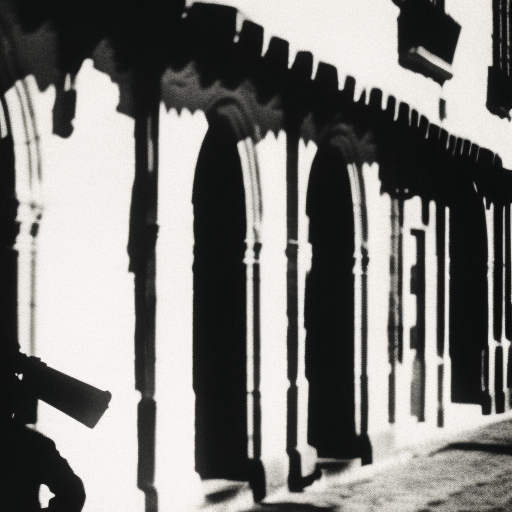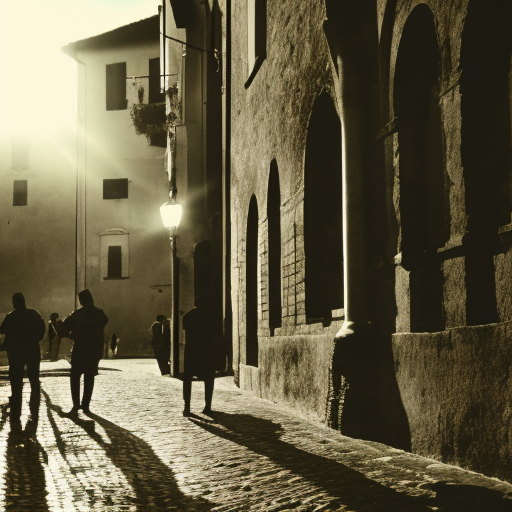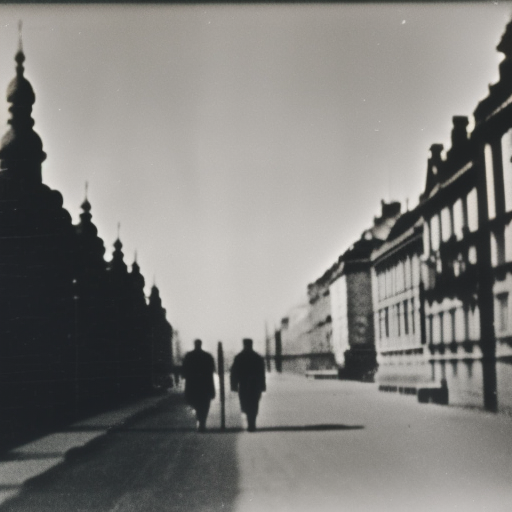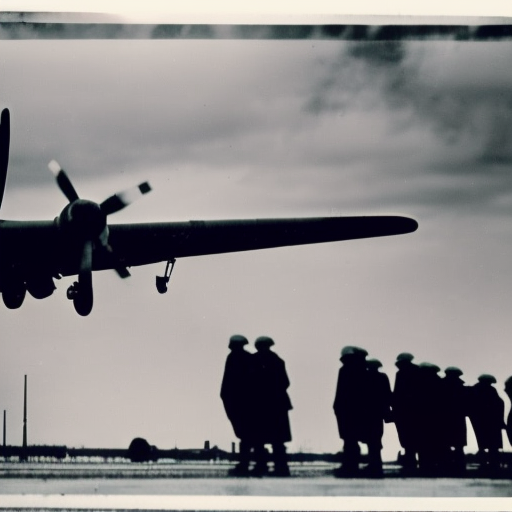The Spanish Reconquista: Summary
The Spanish Reconquista was a centuries-long campaign by Christian kingdoms to recapture the Iberian Peninsula from Muslim rule. It began in the 8th century and ended in 1492 with the fall of Granada, the last Muslim stronghold. The Reconquista had a profound impact on the history, culture, and identity of Spain.
Background
In 711, Muslim forces from North Africa invaded the Iberian Peninsula, quickly conquering most of the region. The Muslim rulers established the Umayyad Caliphate of Cordoba, which brought a period of cultural and scientific flourishing known as the Golden Age of Al-Andalus. However, Christian kingdoms in the north, such as Asturias, resisted Muslim rule and laid the foundation for the Reconquista.
The Early Phase
The Reconquista began in the 8th century with small-scale Christian raids against Muslim territories. These raids gradually evolved into larger military campaigns as Christian kingdoms gained strength and territory. The Kingdom of Leon, under King Alfonso III, launched a major offensive in the 9th century, pushing the Muslim frontier southward.
The Rise of the Kingdoms
By the 11th century, several Christian kingdoms had emerged, including Castile, Aragon, Navarre, and Portugal. These kingdoms engaged in intermittent warfare against the Muslims, gradually expanding their territories. The 11th century also saw the emergence of the military-religious order of the Knights Templar, who played a significant role in the Reconquista.
The Crusades and the Almoravids
In the 12th century, the Reconquista became intertwined with the Crusades. Christian kingdoms sought assistance from European powers, and armies from France, England, and Germany joined the fight against the Muslims. However, the Reconquista faced a setback with the arrival of the Almoravids, a Muslim dynasty from North Africa. The Almoravids launched counter-offensives and temporarily halted Christian advances.
The Almohads and the Final Push
In the 12th century, the Almoravids were replaced by the Almohads, another Muslim dynasty from North Africa. The Almohads continued to resist Christian advances, but internal conflicts weakened their hold on the Iberian Peninsula. Christian kingdoms seized the opportunity and launched a series of successful campaigns in the late 13th and early 14th centuries.
The Kingdom of Granada
By the 15th century, the Kingdom of Granada remained the last Muslim stronghold in the Iberian Peninsula. The Catholic Monarchs, Isabella of Castile and Ferdinand of Aragon, were determined to complete the Reconquista. In 1492, they launched a final offensive against Granada, which resulted in its surrender. The fall of Granada marked the end of Muslim rule in Spain and the completion of the Reconquista.
Legacy
The Spanish Reconquista had a lasting impact on Spain. The Christian kingdoms that emerged during this period formed the basis for the unified Kingdom of Spain. The Reconquista also influenced Spanish culture, language, and identity. The period of Muslim rule left a significant imprint on Spanish architecture, art, and cuisine, which can still be seen today.
In conclusion, the Spanish Reconquista was a centuries-long struggle by Christian kingdoms to reclaim the Iberian Peninsula from Muslim rule. It began in the 8th century and ended in 1492 with the fall of Granada. The Reconquista shaped the history and identity of Spain, leaving a lasting impact on its culture and society.












